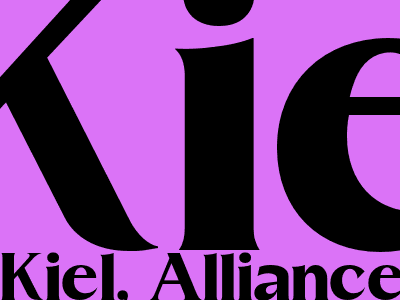
Kiel: Alliance 90/The Greens Proposes Prohibition on New Residential Construction
Introduction
The Kiel chapter of Alliance 90/The Greens has proposed a prohibition on new residential construction in the city. The proposal, which was submitted to the city council on Monday, is designed to address the city's housing crisis and promote more sustainable development.
Background
Kiel, the capital of the German state of Schleswig-Holstein, has been experiencing a housing crisis for several years. The city's population has grown rapidly in recent years, driven by a strong economy and a high quality of life. However, the city's housing stock has not kept pace with the demand, leading to rising rents and a shortage of affordable housing.
The Alliance 90/The Greens proposal is designed to address the housing crisis by prohibiting the construction of new residential buildings. The proposal would allow for exceptions for affordable housing and for the renovation of existing buildings. However, it would effectively halt the construction of new luxury apartments and single-family homes.
Arguments in Favor of the Proposal
The Alliance 90/The Greens argue that the prohibition on new residential construction is necessary to address the city's housing crisis. They argue that the city needs to focus on building more affordable housing and renovating existing buildings, rather than continuing to build new luxury apartments and single-family homes.
The Greens also argue that the prohibition would promote more sustainable development. They argue that the city needs to reduce its carbon footprint and that building new residential buildings would contribute to climate change.
Arguments Against the Proposal
Opponents of the proposal argue that it would harm the city's economy. They argue that the construction industry is a major employer in Kiel and that a prohibition on new residential construction would lead to job losses.
Opponents also argue that the prohibition would not solve the city's housing crisis. They argue that it would simply shift the demand for housing to other areas, driving up prices in those areas.
Conclusion
The Kiel city council is expected to vote on the proposal in the coming weeks. The outcome of the vote is uncertain, but the proposal has sparked a debate about the future of housing in the city.